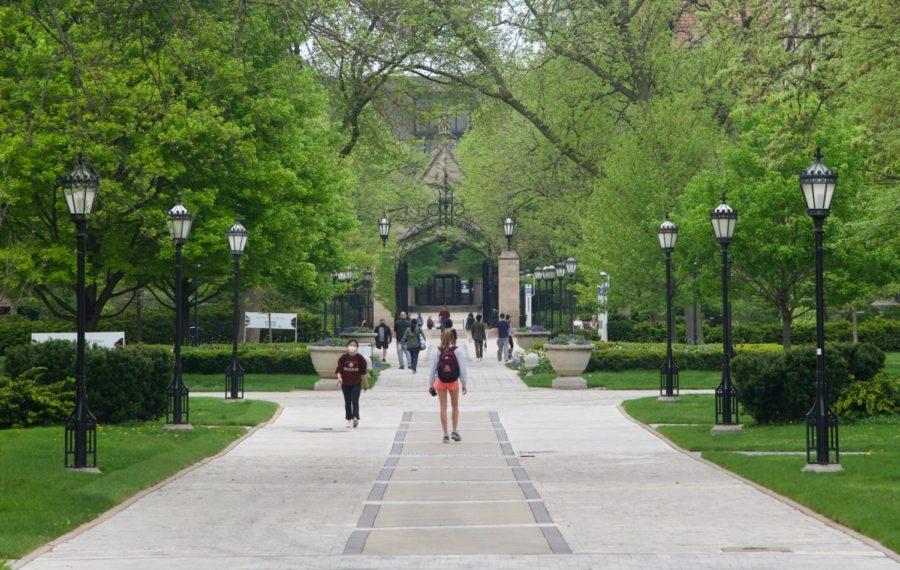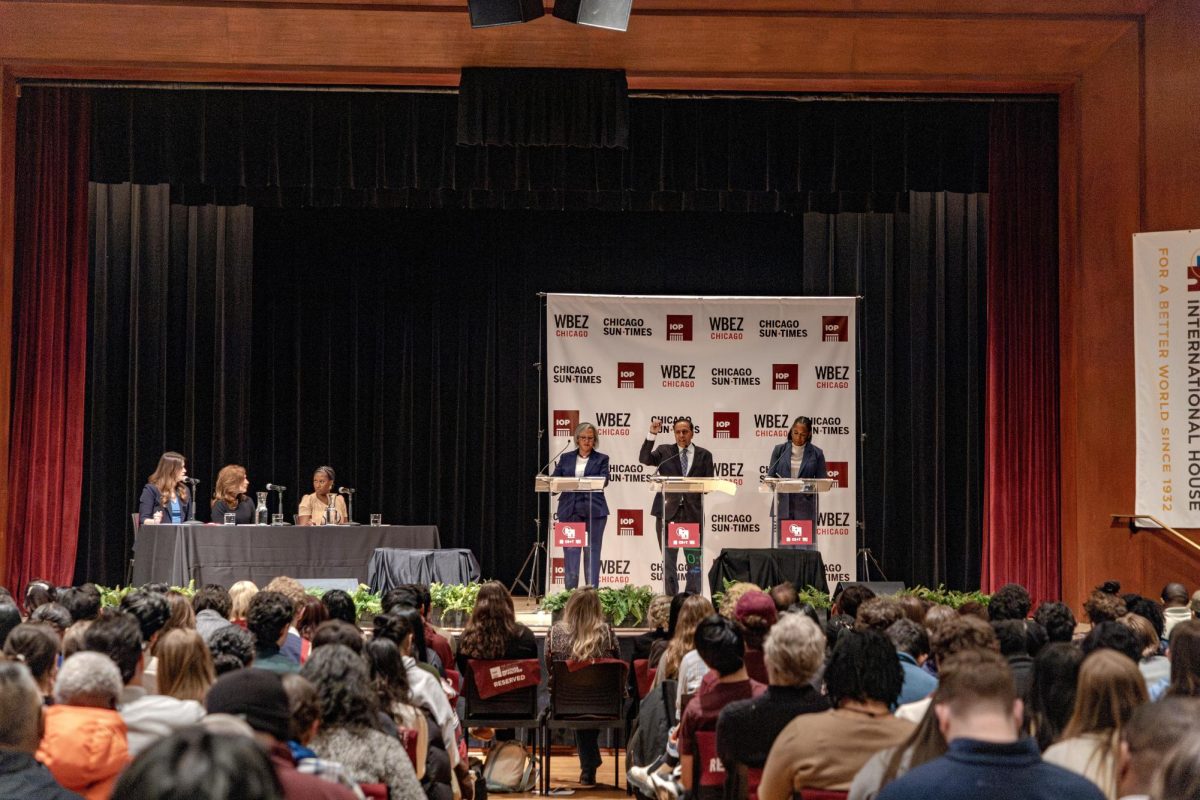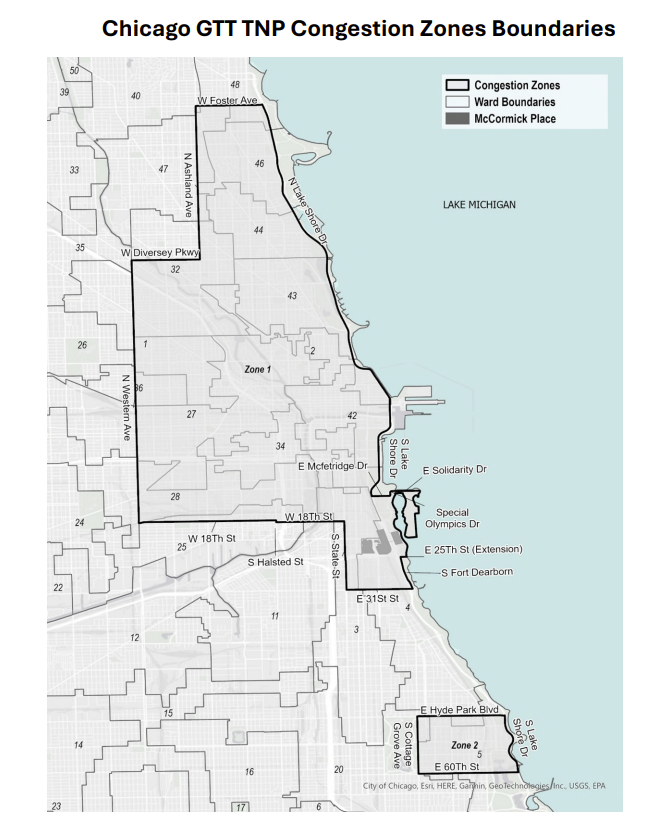The U.S. District Court for the Northern District of Illinois, Eastern Division, granted preliminary approval in December 2023 for a $4.95 million settlement on a class action lawsuit that, if given final approval, would require the University to disburse cash awards of at least $25 to all students enrolled at any time from January 1 to the end of spring quarter in 2020. A hearing will be held April 10 to decide whether to give the settlement final approval.
Named plaintiffs Arica Kincheloe and Alexander Castro brought the class action lawsuit against the University of Chicago. The lawsuit argues that students are entitled to refunds from the University because they received remote instruction during the pandemic but still paid as much tuition they would have for in-person instruction, with only a reduction in the Student Services Fee from $446 per quarter to $125 per quarter or no charge for students living over 50 miles from Hyde Park.
If the settlement passes, members of the settlement class would receive cash awards of at least $25 each. The precise value of each award would be proportional to the tuition and fees the student paid during that period.
The deadline to exclude oneself from the settlement class or to object to the settlement was March 11. Those excluding themselves from the settlement class will not receive any cash award from the lawsuit but will reserve the right to file their own lawsuit against the University.
Those in the settlement class were notified of the preliminary approval through an email and through a mailed notice. They were directed to a website providing information about the lawsuit.
In a post on Reddit, some students expressed suspicion over whether the notices were a scam attempt, while others said they thought the amount of the cash award was negligible.
“What’s the big deal? It’s $25. Maybe if it was $2,500, it would be a different story,” one user commented in reply to the post.
The lawsuit was originally filed on May 20, 2020 with Kincheloe the only named plaintiff at the time. Kincheloe, then a graduate student at the School of Social Service Administration and a member of student organization UChicago for Fair Tuition (UCFT), had been vocally opposed to UChicago’s continuing to charge regular tuition despite the fact that students received instruction exclusively online. UCFT advocated freezes and decreases in tuition and fees early on in the pandemic, including through a tuition strike in May 2020 that lasted two and a half weeks.
“Through the lawsuit, myself and members of the campaign are looking for the University to acknowledge and be held accountable for the students it professes to support, and generally trying to require UChicago to reimburse students for tuition they paid when they’re not able to fully utilize the services and the quality of education,” Kincheloe told The Maroon in May 2020, after the lawsuit was filed.
The Maroon was unable to contact Kincheloe for comment on the settlement. Castro did not respond to The Maroon’s request for comment.
John Arnold, a former master’s student at the Divinity School who wrote a letter of objection to the settlement, spoke to The Maroon about why he was objecting.
In a statement to The Maroon, Arnold wrote, “I strongly disagree with this settlement and regret that it is being carried out in my name. I thought the university did a great job of responding to the pandemic… I hated online classes and absolutely agree that they pale in comparison to in-person instruction. But I think that a global pandemic qualifies as force majeure, in a moral sense if not in a legal one.
“While the University does have a lot of money, its funds are finite, and I think the FIVE MILLION DOLLARS [sic] of this settlement could be better spent on students, or another tenure line in the humanities, or in community outreach.”
Arnold shared the objection letter he wrote and sent to the court with The Maroon. “This is my first experience being part of a class action, and I’m finding it to be as rotten as rumor has it. Lawyers get a payday and the settlement class gets coupons,” he wrote in the objection letter. “But at least I can use my class membership to object and say ‘not in my name.’ I therefore ask the court to reject this settlement.”















